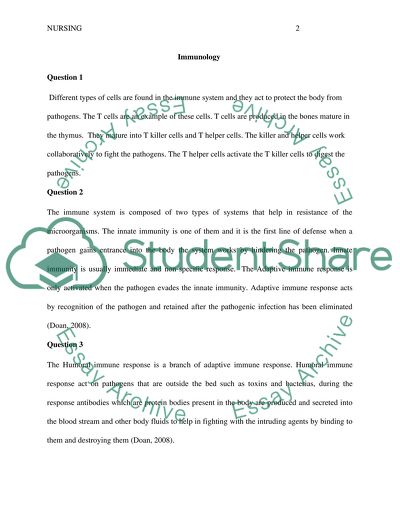Immunology Coursework Example | Topics and Well Written Essays - 500 words. Retrieved from https://studentshare.org/biology/1694010-immunology
Immunology Coursework Example | Topics and Well Written Essays - 500 Words. https://studentshare.org/biology/1694010-immunology.


